Conservation and biodiversity
All life (not just that of humans) is valuable. We must work to preserve animal and plant life as much as possible during the energy transition.
Areas of focus
- Ecological impacts of climate change
- Pollution and anthropogenic impacts (including the Holocene)
- Biodiversity hotspots
- Ecological restoration and revegetation
Research groups, facilities and centres
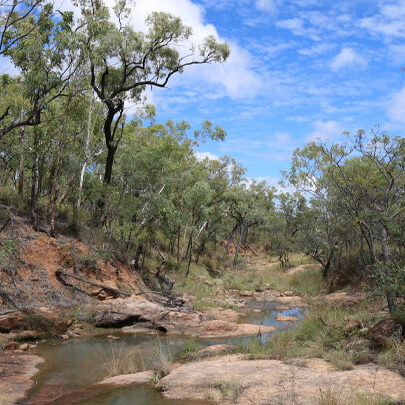
Trace and Environmental DNA Laboratory (TrEnD Lab)
Only by understanding the mechanisms that determine the generation and distribution of biodiversity can we provide efficient and long-term protection plans for our nature. The TrEnD Lab’s genetic biodiversity research is centred around three main questions, represented by three molecular disciplines – environmental and ancient DNA, and evolutionary genomics.
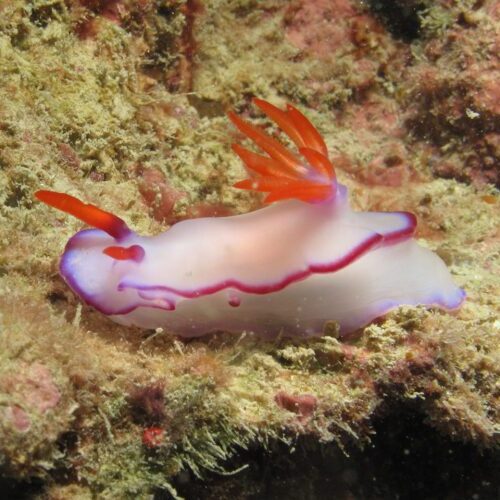
Ecotoxicity Lab
The Ecotoxicology Laboratory specialises in evaluation of the health status of aquatic organisms in contaminated environments. The facilities include multiple aquariums for toxicological testing, cryogenic storage, refrigerated high speed centrifuges, electrophoresis equipment, spectrofluorescence and spectrophotometry readers and scanners and microplate readers.
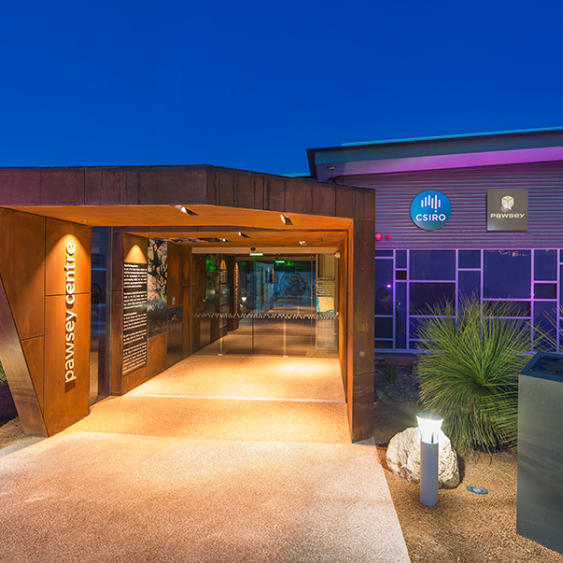
Pawsey Supercomputing Centre
Access to one of two, Tier-1, High Performance Computing facilities in Australia, with expertise in supercomputing, data, cloud services and visualisation. The Centre is used to complete the highly computationally intensive quality filtering and matching analysis of sequencing datafiles to taxonomic reference databases to produce presence/absence results and phylogenetic tree displays.
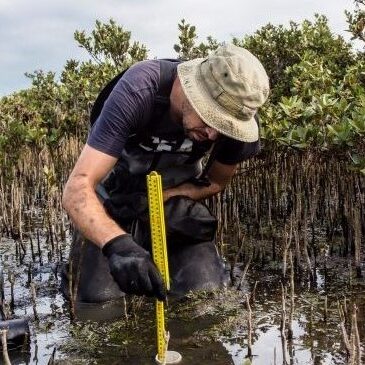
Soil and Landscape Science (SLS) Group
The SLS group conducts theoretical, methodological and applied research to improve understanding of soil processes and the drivers of soil and landscape variability at different spatial and temporal scales. Their research aims to better understand, assess and monitor soil functions, which help to deliver ecosystem services that enable life.
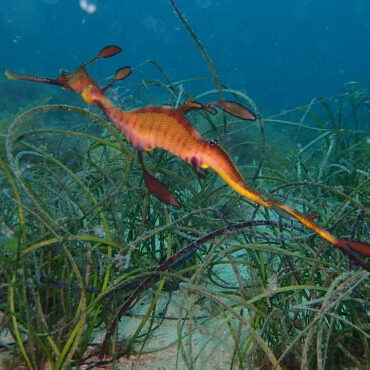
Centre for Marine Science and Technology (CMST)
The Centre for Marine Science and Technology (CMST) comprises a multi-skilled group of scientists and engineers committed to the development of technical ocean-related skills in Australia.
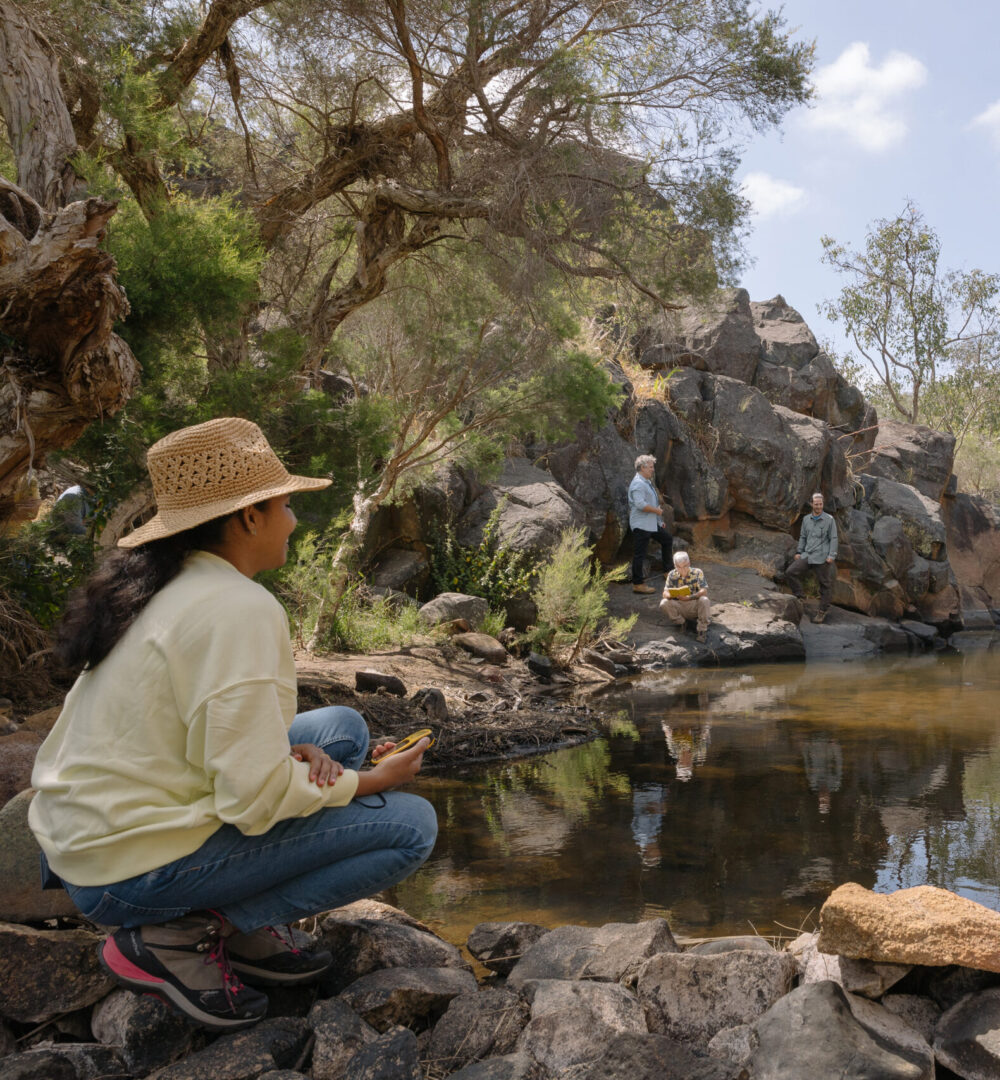
Western Australian Organic & Isotope Geochemistry Centre
The Western Australian Organic & Isotope Geochemistry Centre is a highly interdisciplinary program (spanning Chemistry, Biology, Geology, Agriculture, Environment, Medicine, Paleontology, Palynology, Microbiology disciplines).
Collaborations and partnerships
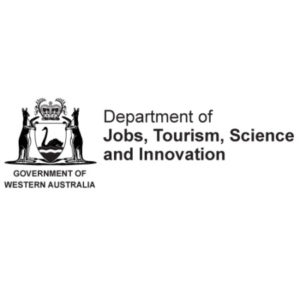
Department of Jobs, Tourism, Science and Innovation
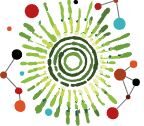
ITTC Healing Country
